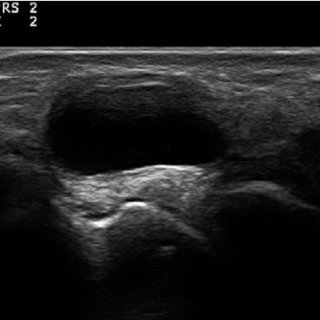Ultrasound-guided Ganglion cysts assessment
Ganglion cysts are lumps that most commonly develop in the wrist. They’re typically round or oval and are filled with a jelly-like fluid.
They are noncancerous tumors that form in the tendons or joints of the wrists or hands. They can also affect the ankles and feet.
Ultrasound is often sufficient for assessing typical cysts, it has a high spatial resolution with a dynamic assessment potential. Ultrasonography does not entail irradiation and does not need contrast media administration.
Which Ultrasound Scanner is the best for Ganglion cysts assessment?
Using a high-frequency linear transducer is strongly needed during the assessment. For this reason, our medical research and development team always recommends the Color Doppler Laptop Multi-Head Ultrasound Scanner SIFULTRAS-6.6 to our hand surgeon clients.
SIFULTRAS-6.6 offers high-end Intel Processing technology that assures the device’s peak performance. Not to mention its WiFi and USB Compatibility And Image Storage Functions.
It helps identify an occult lump or rule out other types of tumors. Indeed it aids to diagnose whether the cyst requires treatment as most ganglion cysts eventually go away on their own.
Ganglion cysts are generally hypoechoic to anechoic on ultrasonography, with well-defined, smooth-walled borders. They might exhibit internal sequences and acoustic improvement.
To sum up, ultrasound can be used to reliably diagnose soft-tissue ganglia with its real-time dynamic capabilities, additionally can be used to accurately guide for therapeutic aspiration and drainage of these cysts, avoiding potential nearby neurovascular structures.
References: What Is a Ganglion Cyst?, Ganglion cysts of the hand and wrist, Ultrasound-Guided

